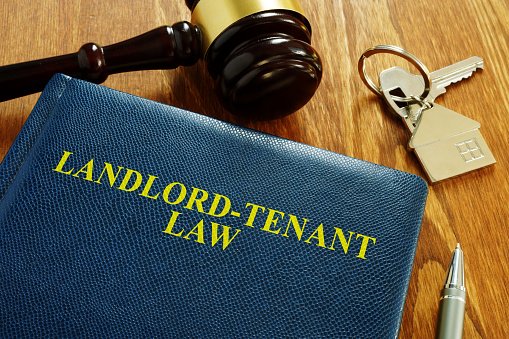How to Handle Commercial Tenant Evictions

If you're a landlord looking to evict a tenant from your business, you should follow some guidelines. While evictions are a last resort, courts expect landlords to communicate with tenants and give them a chance to rectify any violations of the lease agreement. Generally, the first step in an eviction process is to serve a tenant with a written notice. You should send a certified mail notice if the tenant fails to pay rent within five days. In Ontario, the Commercial Tenancies Act (CTA) outlines the rules for commercial tenant evictions. However, the government is likely to change the act again next year and remove any special considerations. This will make eviction procedures more general in Ontario. As such, you should avoid using the word "terminated" in your default notice. This can cut off the time you can recover damages for a breach of the lease. Therefore, it is advisable to say "remaining lease term" in the default notice.
Depending on the circumstances of the commercial tenant, you may be able to appeal a landlord's allegation of default. You may be able to win monetary damages or legal permission to remain on the property. The remedies may also depend on the terms of the commercial lease. For example, you may be entitled to have various items repaired or a reduced rent if the property fails to generate sufficient revenue.
Make sure to get more information today! There are many factors that can complicate the eviction process, so it's important to consult with an attorney to protect your interests. Typically, the eviction process takes between 40 and 90 days to complete. If you do not have the funds to pay for the eviction, you can try to get a settlement agreement with the tenant instead. Make sure to view here for more details! In the case of commercial tenant evictions, the landlord must follow certain general procedures. First, the landlord must provide the tenant with written notice in accordance with state and local laws. Second, the landlord must provide a reason for eviction. This can be based on a lack of rent or any other lease violation.
Discover more facts about laws at http://www.ehow.com/how_2032595_become-lawyer.html. In Ohio, a new eviction moratorium applies to commercial tenants. Originally, the moratorium only covered residential tenants. However, the governor has extended it to commercial tenants. However, landlords can still start an eviction if the moratorium has expired. In addition, a new law in Santa Clara County makes it mandatory for commercial tenants to be fifty percent in arrears before eviction procedures can be initiated. In most cases, landlords must go through the court process to evict a tenant. They cannot use physical methods like changing locks, cutting off utilities, or interfering with the tenants' access to the property.
